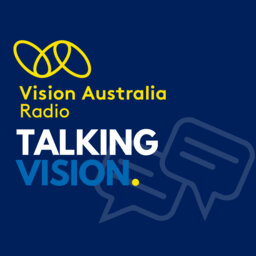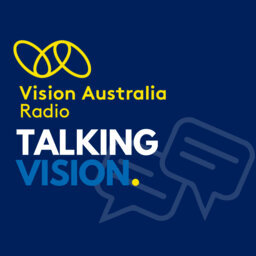Talking Vision 719 Week Beginning 11th of March 2024
Sam speaks to Sarah Larcombe from the Australian Paraclimbing team, as part of a two part series featuring paraclimbers from the team before they head to the IFSC Paraclimbing World Cups in Salt Lake City in May.
We also hear from Vision Australia's business lead for home care packages, Meghan Hird, as Stella catches up with her to find out all about the home care packages Vision Australia can offer for older Australians who are blind or have low vision.
And finally this week, to mark World Glaucoma Week taking place from 10 to 16 March, we feature Sam's interview with ophthalmologist and glaucoma specialist Dr Nathan Kerr, who provides an update on the prevention and treatment of glaucoma.
In 1 playlist(s)
Talking Vision by Vision Australia Radio
Vision Australia Radiothon is on now. Donate via www.varadio.org and make a tax deductible donation …Social links
Follow podcast
Recent clips

Talking Vision 819 Week Beginning 16th of February 2026
28:59

Talking Vision 818 Week Beginning 9th of February 2026
28:10

Talking Vision 817 Week Beginning 2nd of February 2026
27:37
 Talking Vision by Vision Australia Radio
Talking Vision by Vision Australia Radio